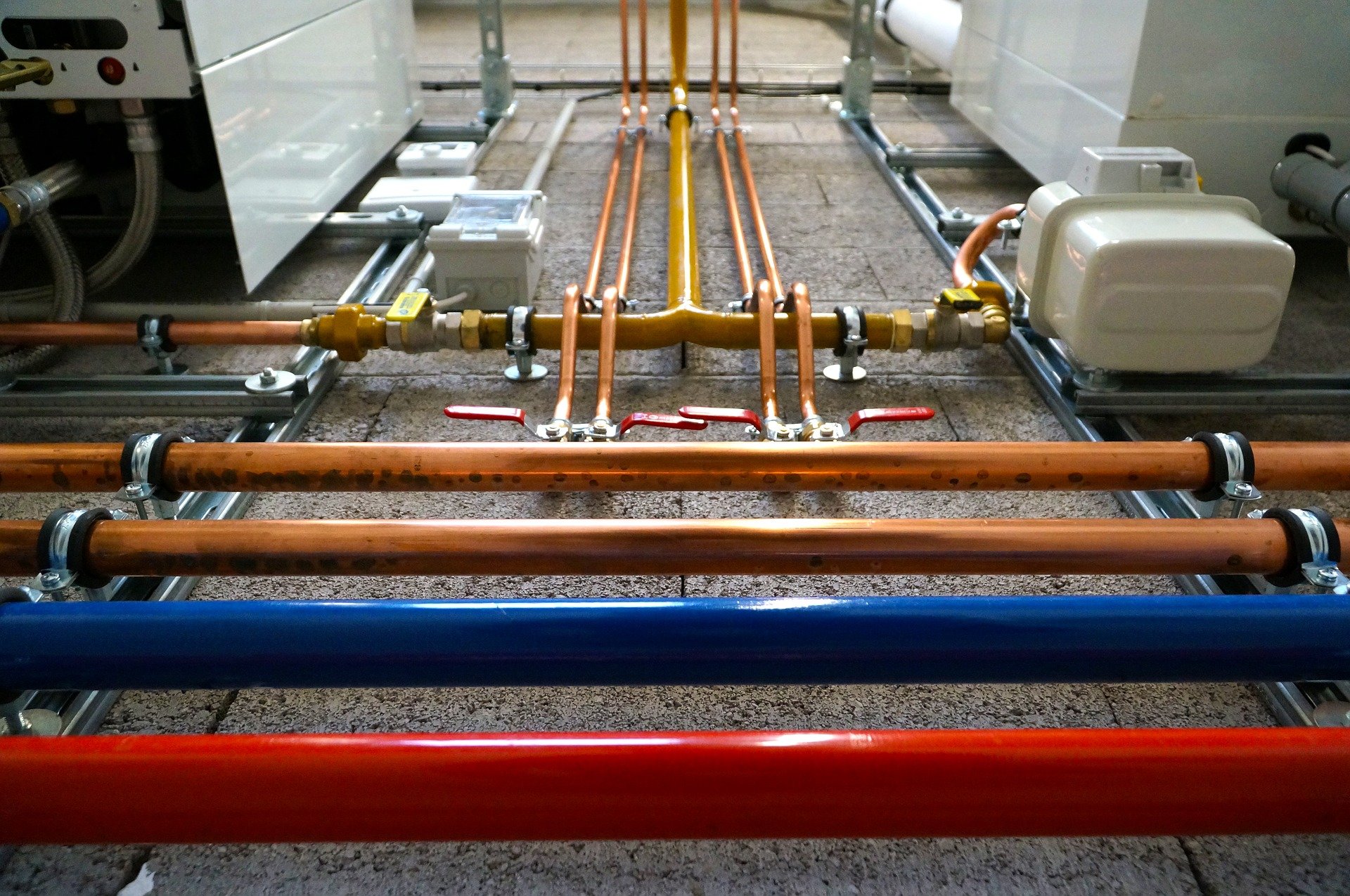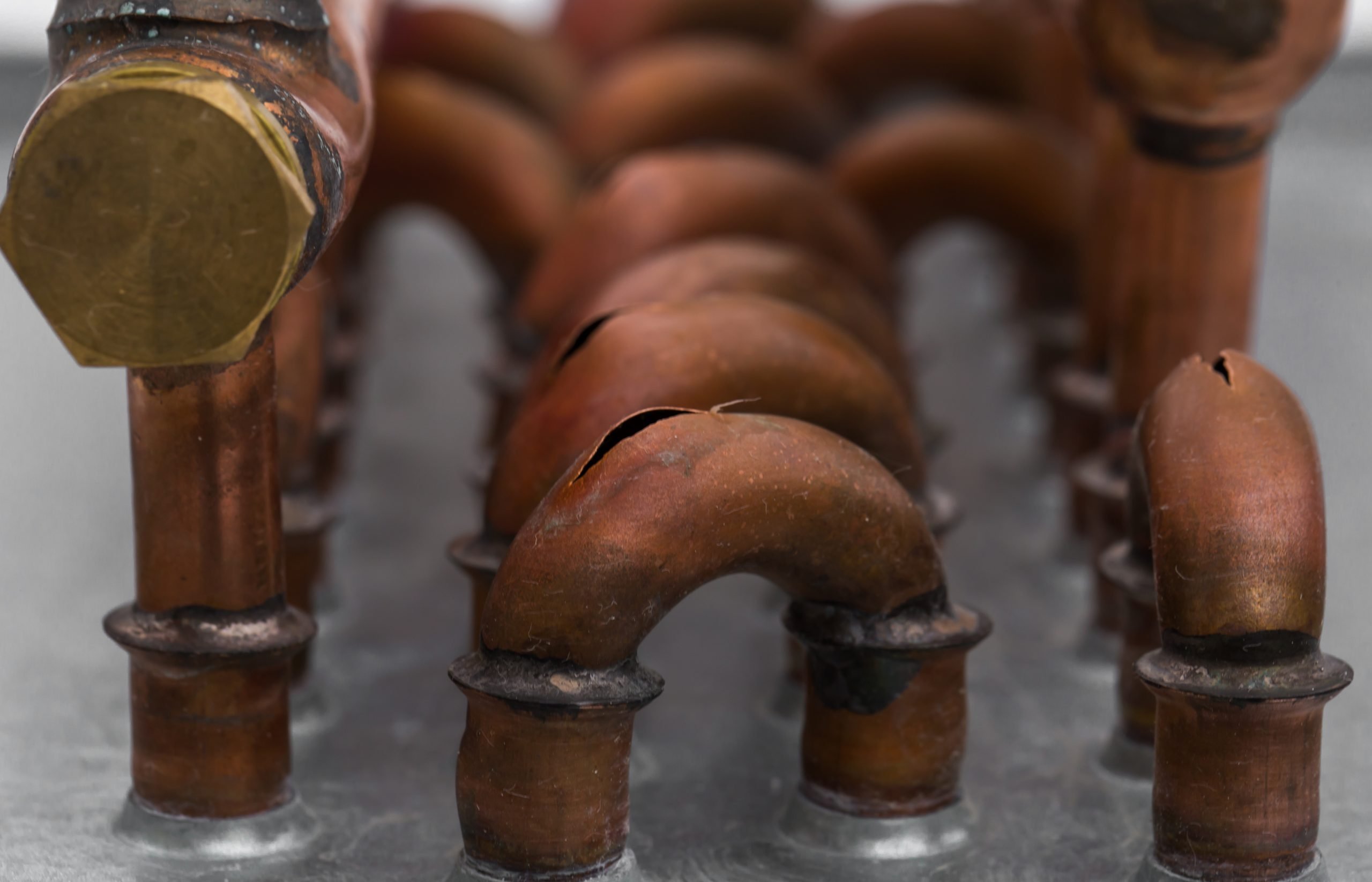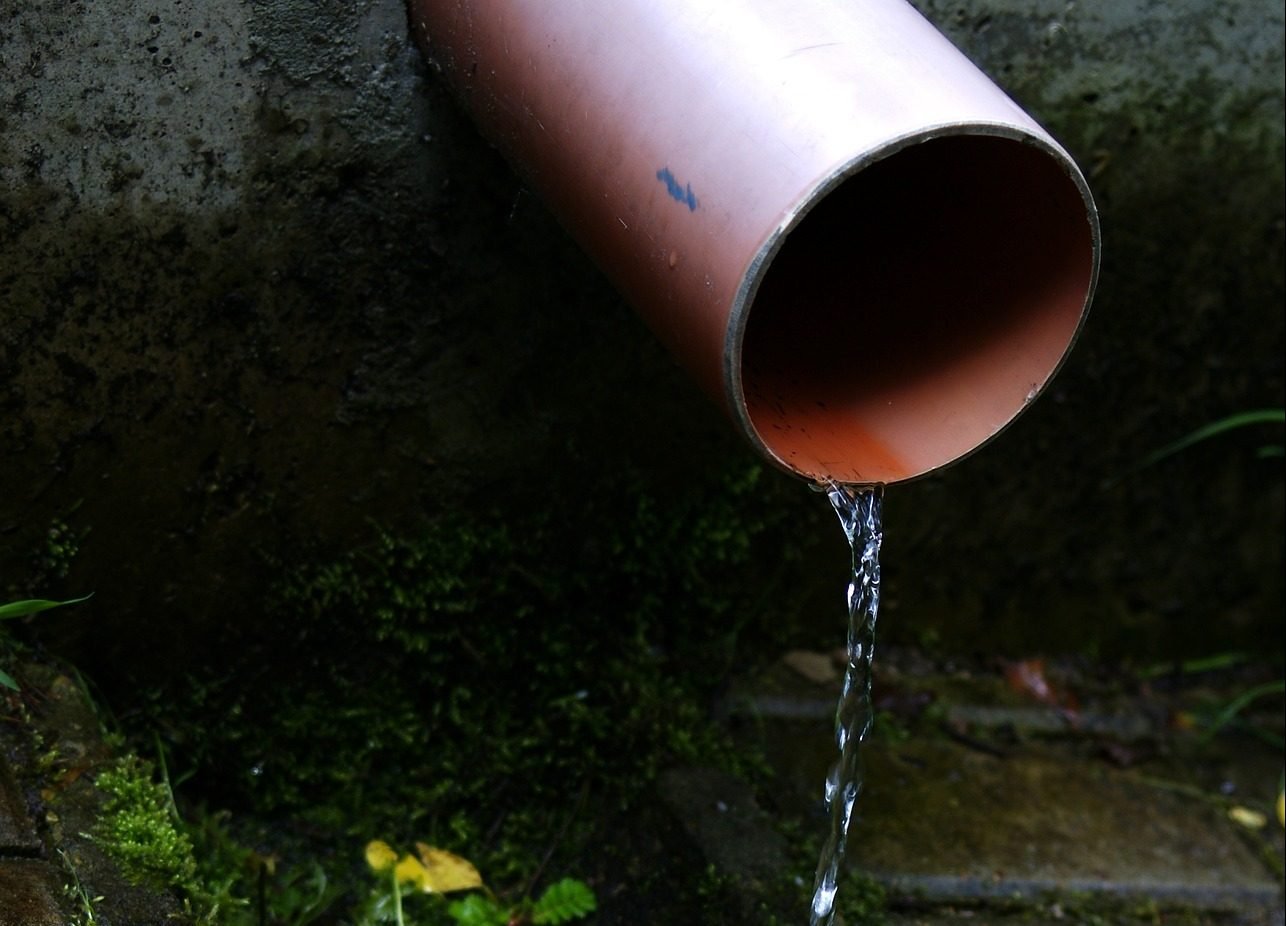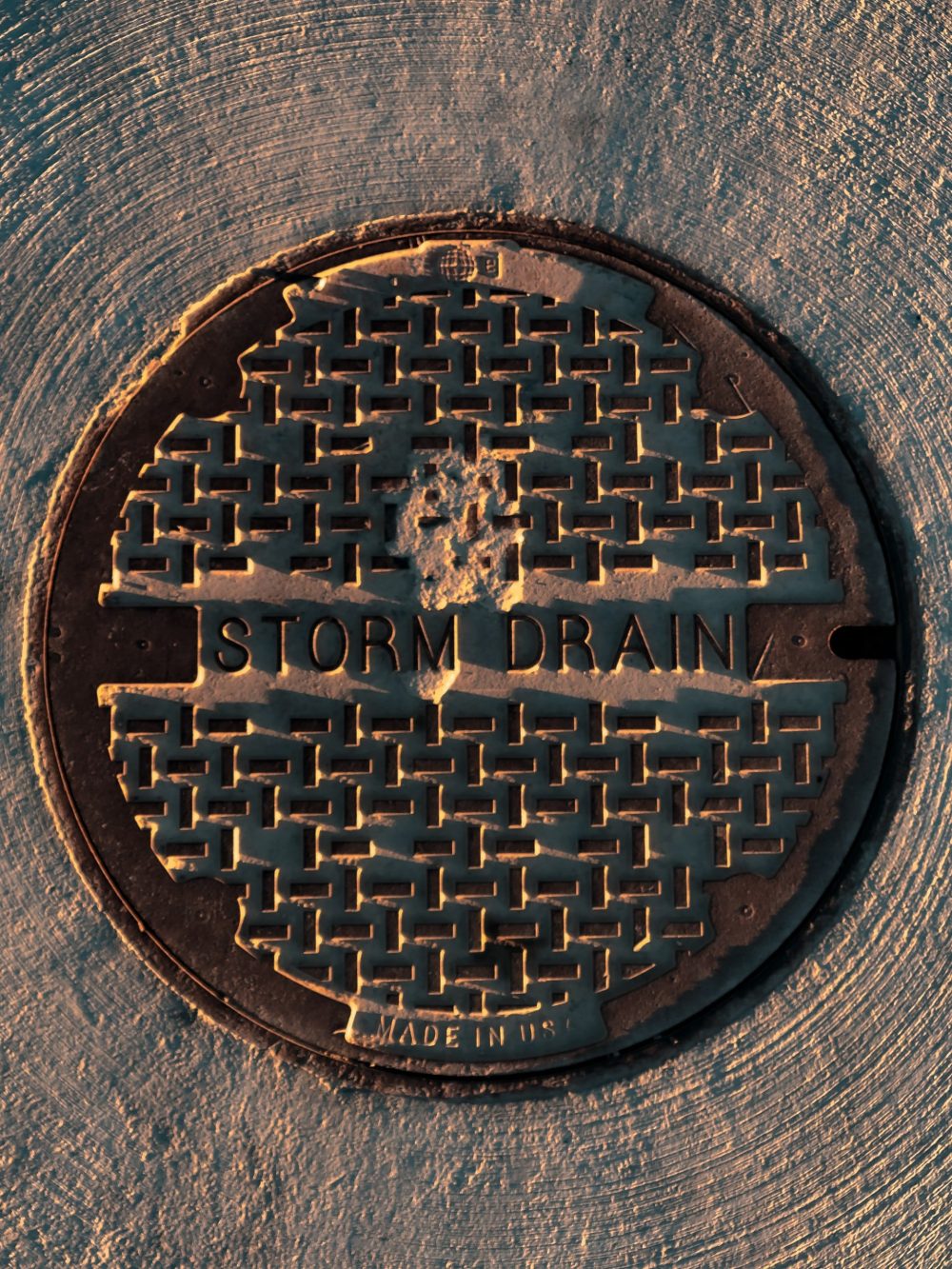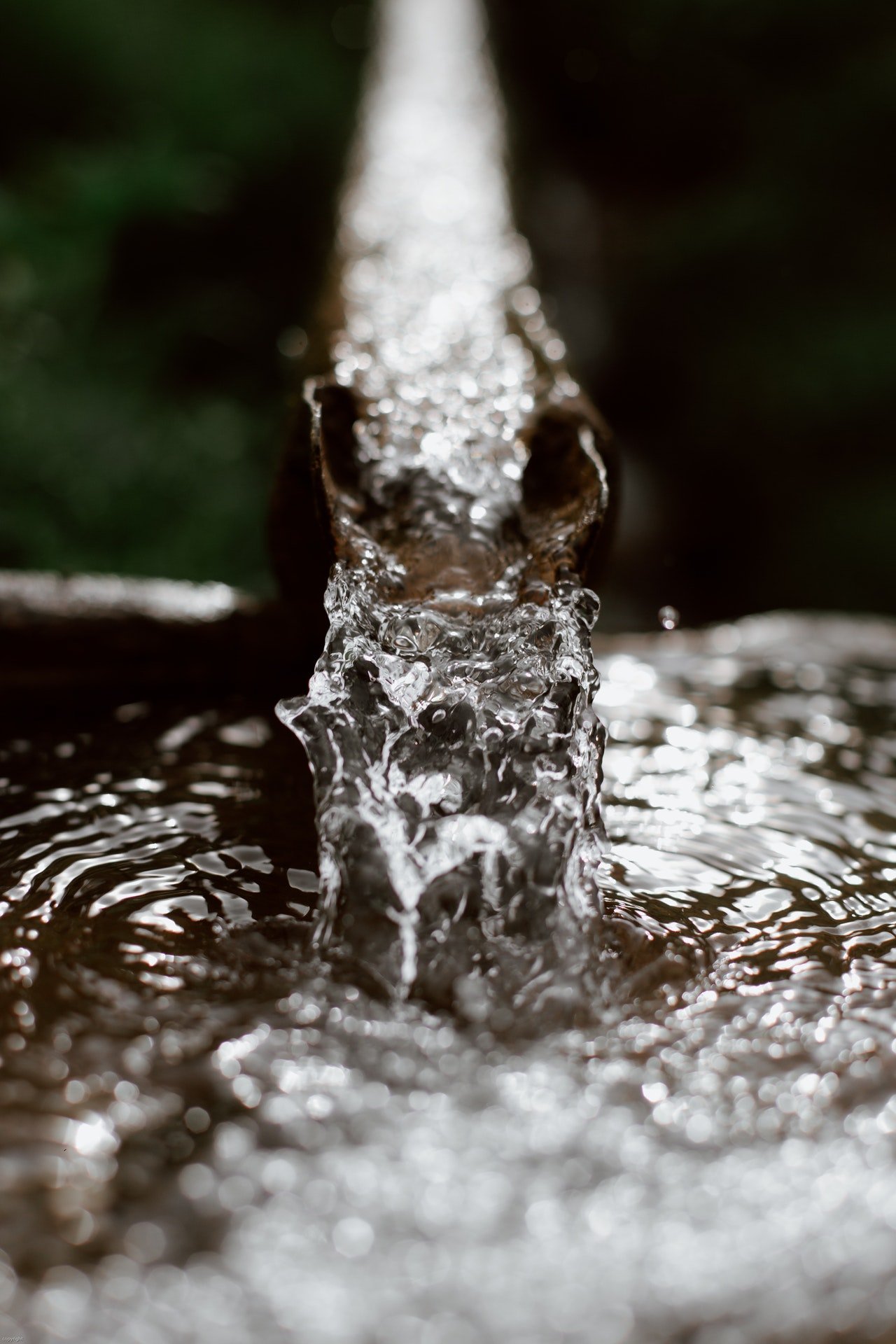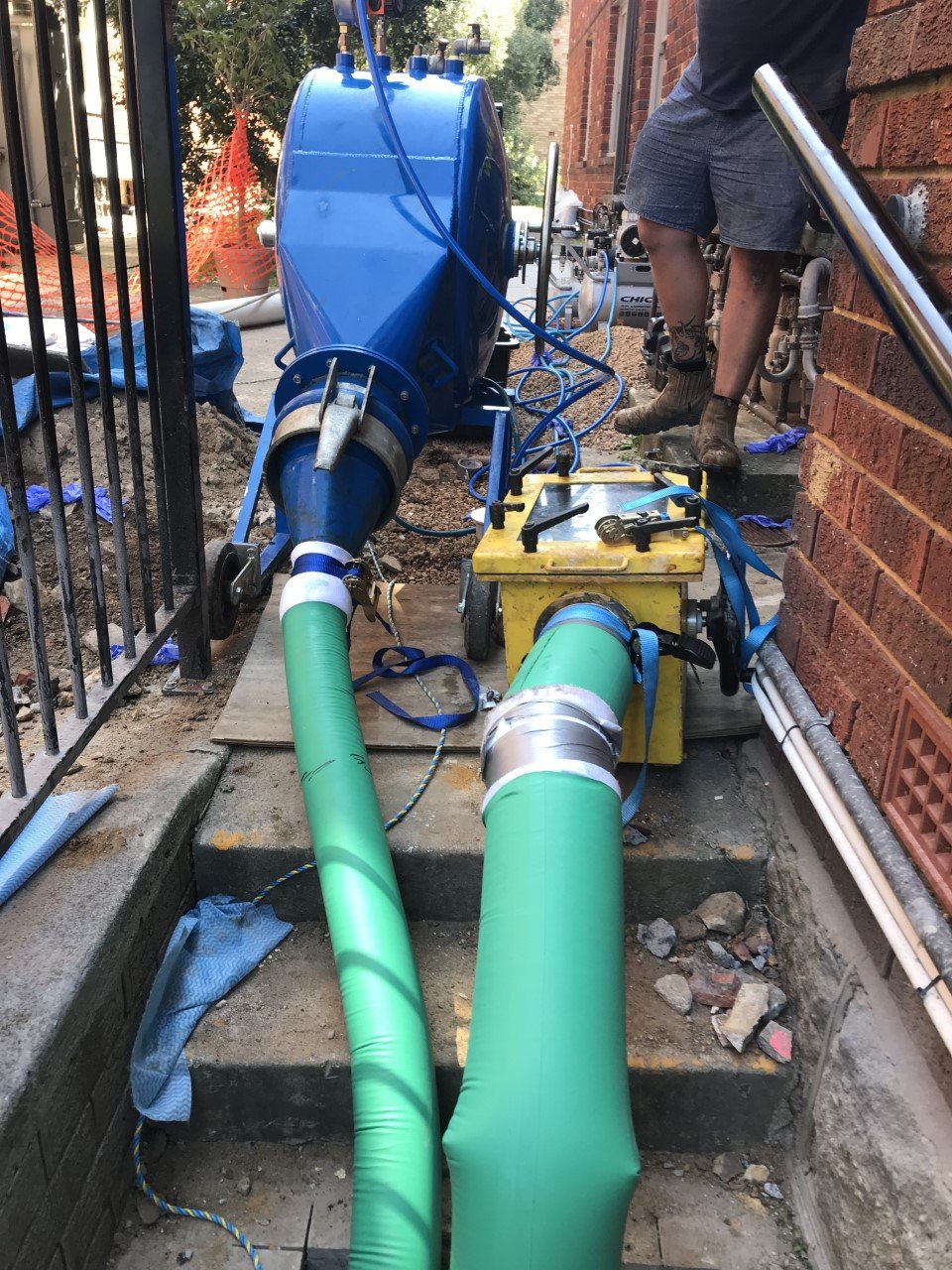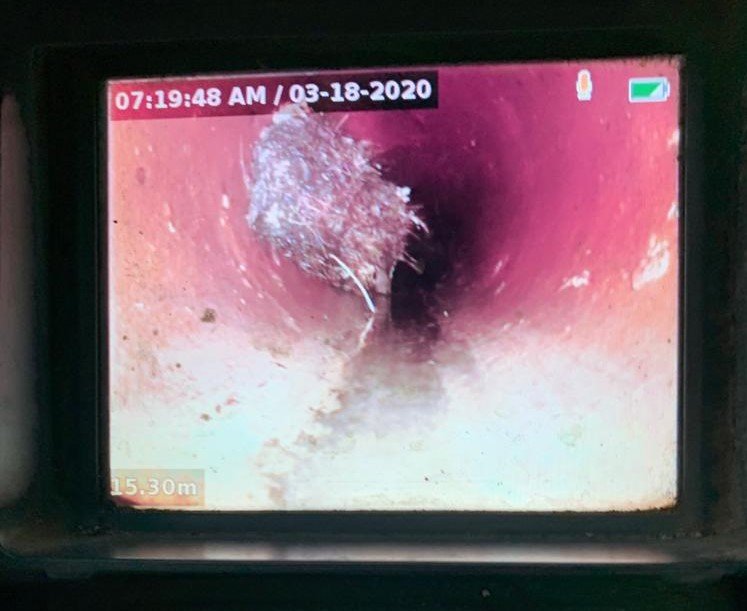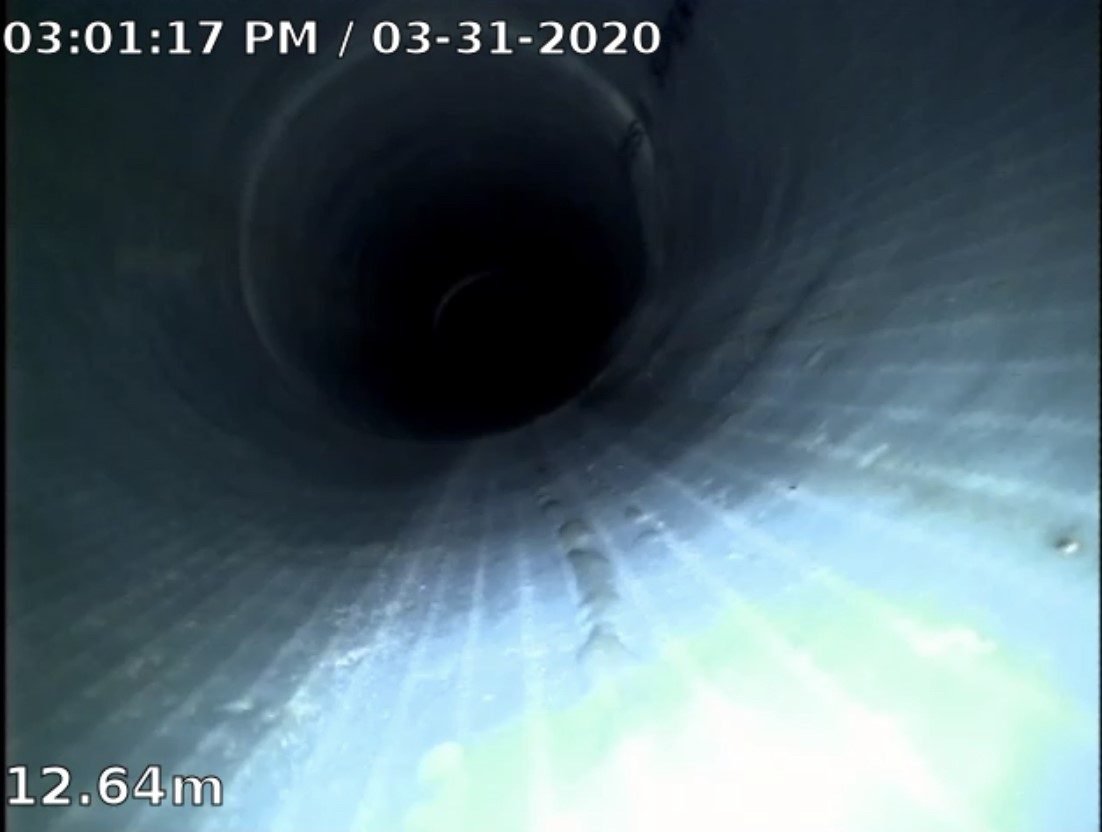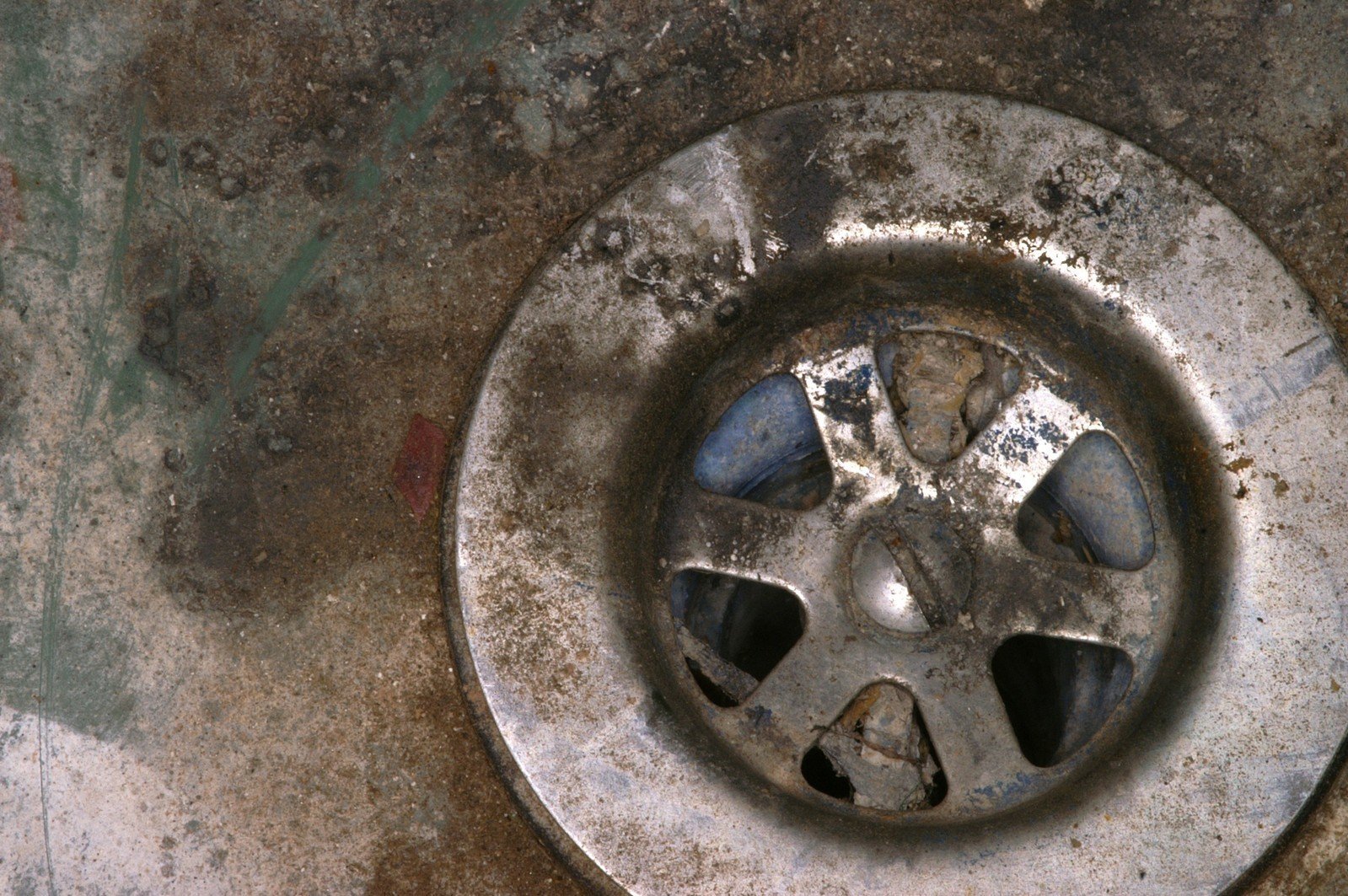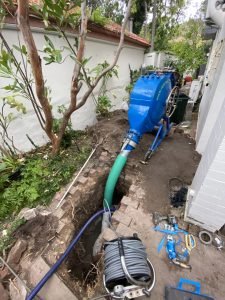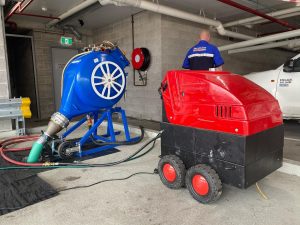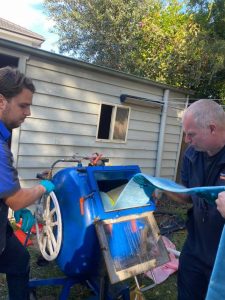DIY Drain Cleaning and Why it Can be a Bad Idea
- Clogged drains are nothing but a home’s natural disaster – it can happen any time to anyone. You may not think that it’s a serious matter, and you take the repair single-handedly, but is this even a good idea? Frankly, some home tasks are better off, left to the experts, and anything related to your plumbing falls into this category. While you can do DIY drain cleaning, if you feel like it, or you’re confident enough to take the repairs into your own hands, let’s look at some reasons why you should call the professionals instead.

DIY Drain Cleaning and Why it Can be a Bad Idea
- You can make the problem worse – Clogged drains are a common issue for homeowners; They hamper the normal flow of the wastewater into the drainage system, cause an unpleasant stench in your home and can even have an impact on the taste of water. It may appear easy to fix sometimes, but little did you know the repair that you’ve carried out has developed recurrent problems or made it worse.
- Take, for example, using chemical drain cleaners. Homeowners often presume huge savings on repair when they use drain chemicals rather than hiring a plumber to do the job. But this is not even close to the truth. While chemical drain cleaners prove to be effective, they are likewise terrible for most pipes. It can not tell the difference between a clog and the pipes they are in. Once they dissolve a clog, they will keep dissolving whatever it comes in contact with. In other words, it can eat the pipe itself while it clears through the clog that will then lead to a pipe leak. A pipe leak is far more expensive to fix than clearing a clog. In cases of plastic pipes, the harsh elements on the drain cleaner cause a chemical reaction, which produces heat that can melt or warp the drainage pipe.
- On top of the pipe damage, drain cleaners can also cause serious injury if not used properly and cautiously. It can cause painful burns and lead to permanent scarring. Inhaling fumes from these highly hazardous products can also lead to severe lung damage. In a nutshell, the chemical drain cleaner is not as effective as you may think, they are harmful, no matter what the label says, and it can only remove some part of the clog while pushing the rest farther down the drain, causing more future clogs.
- At-home tools are ineffective – At-home plumbing tools are effective only at removing simple clogs. The other bad news about it is if you have limited knowledge on how to use them properly, your repair can quickly go sideways – things can go wrong, in potentially expensive and undesirable ways. Let us give you some familiar tools and their awful effect on your drains.
- Plunger: A plunger is the most common plumbing tool available in any home. It has proven effective on minor clogs, but it has a low success rate on clogs that are tough enough to clear; The success of a plunger for clearing clogs depends on how good your plunging skills and the type of plunger you are using. The pressure is also another factor. If you don’t maintain a good suction throughout the plunging process, you will never be able to send sufficient pressure down the drain that will help eject the clog away. The clog will only end up hanging in your drainage and cause more clogs in the future.
- Baking soda, salt and vinegar mixture: Some homeowners go for an eco-friendly DIY solution such as baking soda and vinegar mixture, but how effective it is? Some still wonder if it will force a clog out. The answer is yes, and no. Yes, combining vinegar and baking soda forms a chemical reaction that produces carbon dioxide gas. The chemical reaction creates pressure in a closed container where the gas has nowhere to go. Drains are not a sealed container, so it is unlikely that they will produce enough pressure to blast away sizable clogs. It may work magic for weak clogs, but not on clogs that are difficult to remove.
- Other homeowners also use baking soda and salt mixture. It’s true that when you mix baking soda with salt using the recommended ratio of 2:1 it creates an ideal cleaning agent for unclogging your drain. The problem with this is you must let the mixture sit in the drain for a few hours to make it work. Call yourself lucky if you have cleared away the stubborn clog after a few hours. You can repeat the process as many times as you like, but you’re only taking the repair longer than when you call a drain cleaning expert to do it for you. Plus, the mixture only works when you flush the drains with boiling water after pouring the mixture.
-
- Compared to chemical drain cleaners, these mixtures may be safer options for your drains, but they still won’t be as effective as calling professionals.
- Wire-type hanger: Wire hangers are gold! They are classic, and without spending a penny, they can be a good alternative for a plumber’s eel but only for clogs that have not gone far down. Just like the drain cleaner, using this tool needs extra caution too. As it is advisable to wrap the hook end with a rag, you should avoid using too much pressure as you might end up creating too much scratch in your toilet and drains. You could also end up making the problem even trickier when you drop the rag down the drain.
- Unless you’re extracting a wee bit of hair in your shower drain, it’s best to leave the coat hanger inside the closet.
- You can put yourself in danger: Cleaning the drain yourself is not as easy as it may seem. Chemical drain cleaners, for example, may be able to get rid of the clogs, but they are more of a mess than help. It has high concentrations of hydrochloric acid and is not only corrosive but also harmful to health.
- DIYers sometimes fail to consider that cleaning drains require using appropriate gears and clothes. It will protect you from getting a splash or getting an injury. Some DIYers stick their hands into the drain, which is extremely dangerous. You can get your hands stuck inside the drain or lose it, especially when your sink has a garbage disposal. Removing your hand from the drain is an incredibly dangerous, expensive and painful process. So, never attempt this method!
- Another thing that can put yourself in danger is the use of boiling water. If you’re not careful enough, it might splash back onto your face if you don’t use protective gear. Worse, you can spill the boiling water on yourself and get burned severely.
- Even if you think of putting full gear on, it’s still not a good idea for you to fix the problem yourself. Sure the items above help with small clogs, but if you have stubborn obstructions, they won’t be able to get around it.
- You Can Make the Problem Bigger – Believe it or not, in most cases, trying out several DIY techniques can make the problem even worse. You’re not only wasting your time and money when you keep getting involved with the drains, but you can also make a small problem way bigger.
- You might loosen up a pipe connection or cause a pipe to leak or burst. It would be a much bigger and costlier problem that would, in turn, urgently require you to hire a professional.
- Prevent your drains from turning into a money pit. Instead of solving these drain problems yourself, call in the blocked drain repair professionals. Blocked drain repair Sydney professionals specialised in a blocked sewer drain and blocked sewer pipes. They are equipped with the right tools and know the ins and outs of the plumbing. They know the specific technique and tools to use for every type of clogs to keep them clog-free and are less likely to clog in the future.
- Your problem may be worse than you realised – Unfortunately, most serious plumbing problems come to light when it is at worse. Take, for example, a leakage. A few factors contribute to leakage, but incorrectly handled drainage blockage is a common culprit. Forcing a clog to dislodge with the wrong tools and approach can make the pipe give in, causing them to burst or leak.
- If you have a clogged drain and the water doesn’t come back into your home, it goes elsewhere. It is how leaks often develop in your drainage pipes. Locating a leak can be a challenging endeavour without proper tools.
- You can expect damages in your homes if the problem is left undetected. The water could crawl up into your house and do more structural damage on top of the water damage. Depending on the damage the leaks caused, it can be a huge, pricey project to fix.
Effects of a Mishandled Blocked Drain
Leaking and bursting pipe
Sudden flooding or water backing up
Structural damage (wall, ceiling)
Foundational damage (tiles, flooring)
Plumbing pipes premature deterioration
Sewer pipe damage
What should you do?
If you want to avoid any undesirable damages and repair caused by a blocked drain, speak to our team right away. Stop wasting time intervening on a blocked drain problem if you don’t want to make it worse. Bear in mind, a problem mishandled can only do more harm to your plumbing and in your home. No one is good at clearing a blocked drain better than the experts.
YOU MAY ALSO LIKE:
blog
Avoid pipe repairs that halt business operation with Commercial Pipe Relining
By admin
/ September 22, 2020
Avoid pipe repairs that halts business operation with Commercial Pipe Relining Commercial plumbing systems are intended to provide years of...
Read More
blog
YOUR CORROSIVE COPPER PIPE IS BACK TO BUSINESS IN NO TIME!
By admin
/ September 21, 2020
YOUR CORROSIVE COPPER PIPE IS BACK TO BUSINESS IN NO TIME! When we talk about copper pipe used in plumbing,...
Read More
blog
PVC Pipe Relining has changed the way traditional repairs are undertaken
By admin
/ September 15, 2020
PVC Pipe Relining has changed the way traditional repairs are undertaken There is much evidence that when it comes to...
Read More
blog
Unmanaged stormwater drains, big problem!
By admin
/ September 9, 2020
Unmanaged stormwater drains, big problem! Severe storms and heavy rainfall in Sydney are uncommon and what makes it worse is...
Read More
blog
Save your cast iron pipes with Cast Iron Pipe Relining
By admin
/ September 3, 2020
Save your cast iron pipes with Cast Iron Pipe Relining Cast iron plumbing, on the record, is extremely dependable, lasting...
Read More
blog
Trenchless Pipe Relining: A non-disruptive solution to fix any type of drain problem
By admin
/ September 2, 2020
Trenchless Pipe Relining: A non-disruptive solution to fix any type of drain problem For many years, when sewer pipes are...
Read More
blog
Uncover plumbing mysteries with CCTV Pipe Inspection
By admin
/ September 1, 2020
Uncover plumbing mysteries with CCTV Pipe Inspection Have you ever wondered what is going on inside your drainpipe? As you...
Read More
blog
Pipe Relining: Saving Advantages Revealed
By admin
/ August 31, 2020
Pipe Relining: Saving advantages revealed Plumbing problems are a nuisance and extremely unpleasant. It introduces health hazards that are dangerous...
Read More
blog
An invaluable guide to choosing Sewer Pipe Relining to fix drains problem
By admin
/ August 6, 2020
An invaluable guide to choosing Sewer Pipe Relining to fix drains problem Did you know that drain and sewer line...
Read More
blog
Blocked Drains Repair: Factors to Consider
By admin
/ June 1, 2020
There's no sugarcoating the situation; blocked drains can lead to frustration and unexpected financial cost It's a nuisance that every...
Read More
4 Replies

